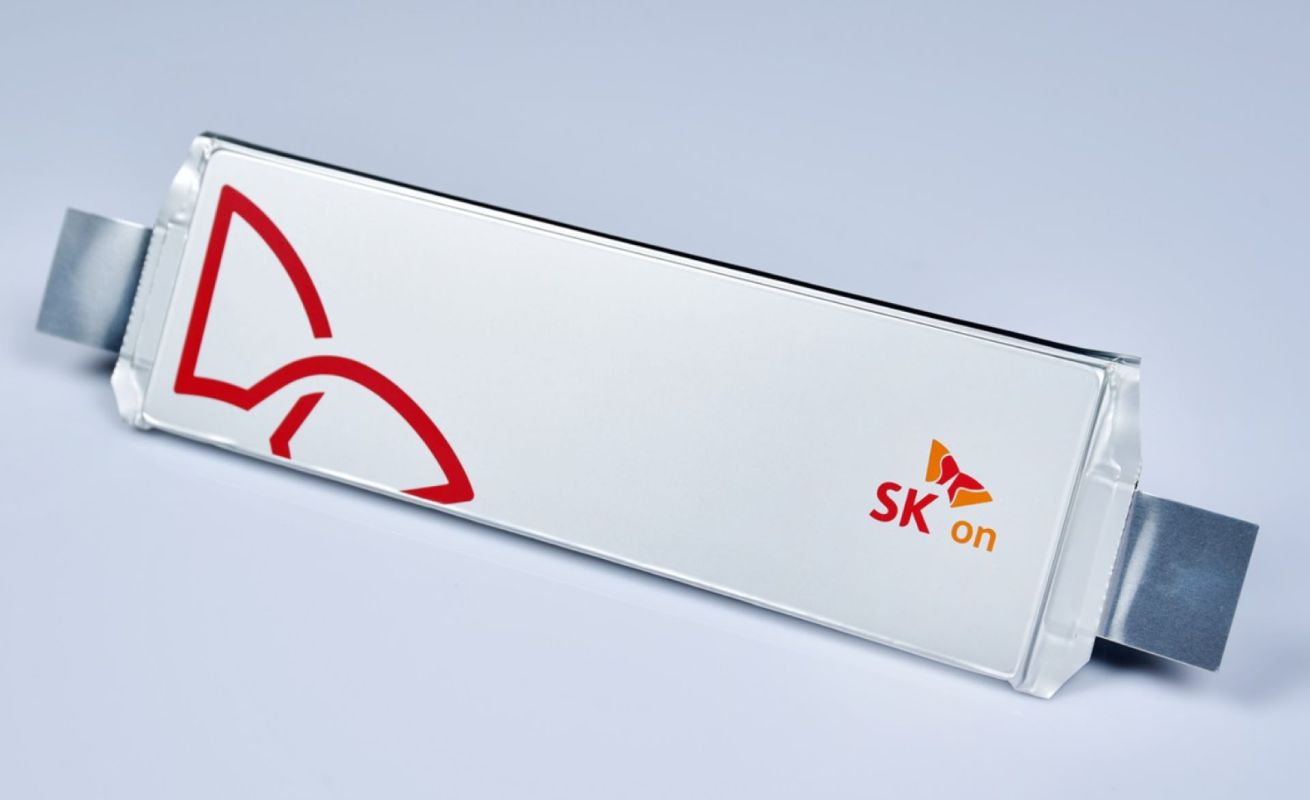Frigid winter weather can take a chunk off the range and charging speed of your electric vehicle's battery, the Associated Press reported early this year, though some EV manufacturers have pushed back on that and said their models perform better than gas cars in the cold.
Recent cold spells across the northern United States and China put a spotlight on the issue either way, with reports of EV drivers waiting hours at charging stations in areas with insufficient capacity.
But thanks to breakthroughs from major battery makers in South Korea, those winter worries could soon be a thing of the past.
SK On Co., which supplies batteries to Ford, Volkswagen, and Hyundai, has developed a new lithium iron phosphate battery called the "Winter Pro," as Bloomberg has reported. While typical LFP batteries can lose up to 70% of their range in temperatures as low as minus-4 degrees Fahrenheit, per the battery maker, SK On's innovation extends charging capacity by 16% and energy density of the battery by 19% even at low temperatures. Imagine zipping by charging stations in the dead of winter with confidence that you've got the juice to go the distance.
The company has also turbocharged its fast-charging tech. Their previous SF Battery could hit an 80% charge in a speedy 18 minutes. The new SF+ slashes that to a mere 15 minutes — perhaps not even enough time to finish that gas station coffee.
"There are a lot of concerns among potential consumers over charging, especially about fast-charging," said SK On vice president Youngmoon Riew, per Bloomberg. "At the same time, carmakers want to release cheaper EVs, calling for cheaper batteries too, like LFP cells, to increase the adoption of EVs."
Per Bloomberg, SK On is in talks to supply automakers with these winter-conquering, time-saving powerhouses. Yet they're not the only ones racing to banish winter battery woes.
Samsung SDI, which is partnering with Stellantis and GM on U.S. battery plants, plans to start mass producing next-gen solid-state batteries as early as 2027, according to a news release.
"There should be a jump in battery technology for expansion of EVs as the technologies for lithium-ion batteries, especially for materials, are almost saturated," Stella Go, Samsung SDI executive vice president, told Bloomberg. "We are trying to lead in new technologies."
These pack more energy into a smaller product, charge faster, live longer, and are less flammable than current lithium-ion batteries. Samsung SDI is working toward a nine-minute charge by 2026 and a 20-year battery lifespan by 2029, as Green Car Reports has noted.
Building domestic EV battery production is also a priority as the U.S. aims to reduce reliance on China amid fraying relations. In 2022, U.S. officials met with Korean battery makers to discuss new plants that align with the Inflation Reduction Act's goals of bolstering America's battery supply chain.
The innovations from SK On and Samsung SDI promise to make owning an EV even more appealing by alleviating two major pain points: slow winter charging and range anxiety. Shrugging off snow and extreme cold, these new batteries could speed the transition to cleaner cars, reducing both drivers' fuel costs and the dirty carbon and methane pollution overheating our planet.
With continued investment and innovation, they are poised to do just that. When they do, EV drivers can look forward to leaving Old Man Winter out in the cold.
Join our free newsletter for weekly updates on the coolest innovations improving our lives and saving our planet.









